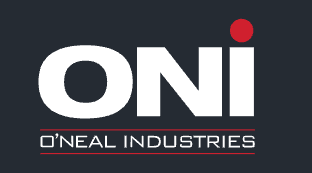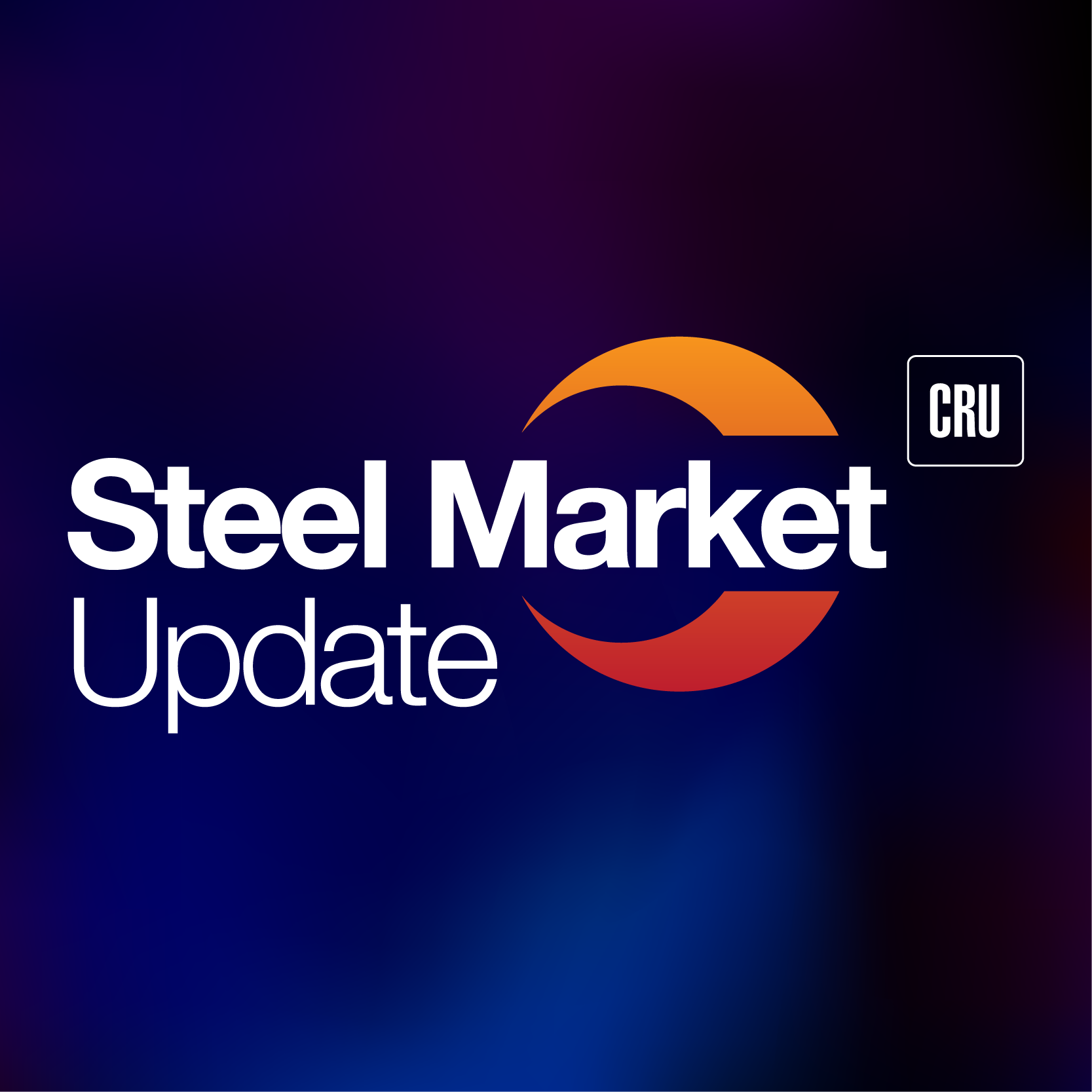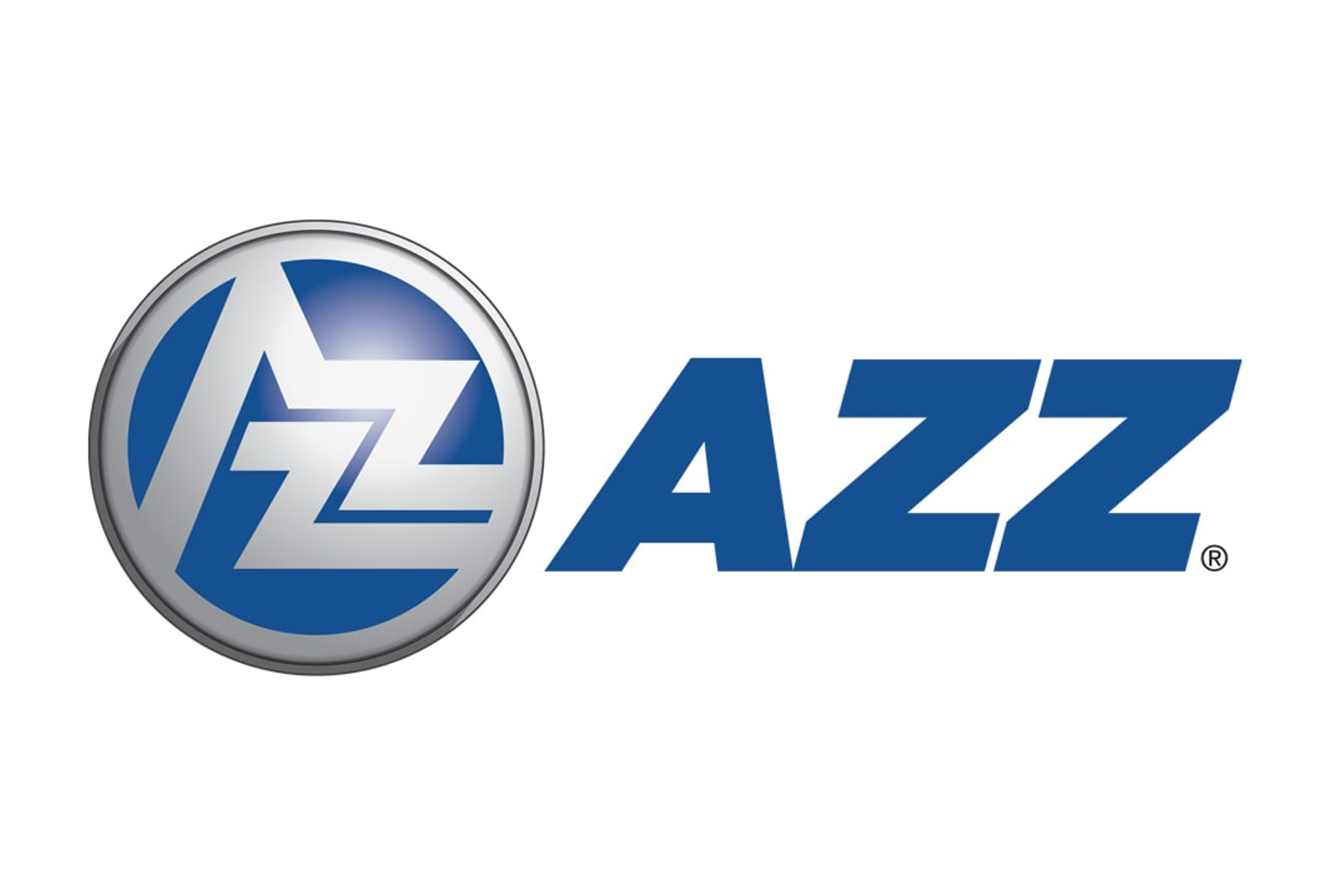Distributors/Service Centers
April 23, 2024
Galvanized buyers report stable demand in quiet market
Written by David Schollaert
Galvanized buyers reported steady demand and ample supply this week as pricing momentum has shifted, potentially pointing down.
Service centers, distributors, and manufacturers who are members of the Heating, Air-Conditioning & Refrigeration Distributors International (HARDI) association met virtually on Tuesday, April 23, for the monthly meeting of HARDI’s Sheet Metal/Air Handling Council.
Sentiment was noticeably subdued when compared to the last HARDI call in late March. At the time, most expected pricing to move higher on the heels of mill price hikes, but the pricing shift seen for hot -rolled (HR) coil over the past two-to-three weeks has been noted across galvanized pricing as well.
One HARDI member said inventories are within average range, but ultimately all eyes were on pricing. “I’m pretty uncertain as to where the pricing direction is going right now. But certainly feel the momentum is out it,” he said.
He added that there was little response from buyers to the price increase announcement earlier this month, likely an indication that Q1 buying is still covering what could be lighter demand.
But it’s not all “vanilla” as some suggested on the call.
Another HARDI member said there are some discrepancies in terms of pricing and demand across different regions. He also noted a strong order book with solid OEM and agriculture contract business.
The spread between HR and galvanized coil pricing was again a key point of this month’s discussion, with members questioning whether a $300 per short-ton (st) galv vs. HR coil spread will continue.
SMU’s managing editor, Michael Cowden, said it’s hard to tell, but used plate spreads as an example of mill discipline and an indication that the spread between galvanized and HR coil could remain elevated and north of $300/st vs. the pre-pandemic spread of around $200/st.
Ultimately, HARDI members expressed some concerns about an “overly bland” market, where the characteristics of a stable market can make it tough to navigate because it’s “too stable” and primed for “something to happen.”
Galvanized sheet prices
Each month on the HARDI Sheet Metal/Air Handling Council call, a survey is conducted to see where members see galvanized steel prices moving in one, six, and twelve months.
On March’s call, nearly three-quarters of members present predicted rising galvanized sheet prices for the next month. That prediction proved to be inaccurate.
The call moderator noted on this month’s call that they all got it wrong and that pricing momentum shifted and looks to be pointing lower. He said galvanized sheet prices are now around $56/cwt, which is in line with SMU’s galv price range this week.
This month, 64% of members on the call predicted galvanized prices would be flat (+/- $2/cwt) over the next 30 days. Another 27% predict tags will decrease by more than $2/cwt, while another 5% anticipate prices will be down by more than $4/cwt. Still, 5% say prices will rise by as much as $2/cwt over the next month.
Looking six months out, more than two-thirds (38%) of members think galv prices will fall by more than $2/cwt. Another 14% predicted prices down by $6/cwt or more, while 33% expect tags to be flat (+/-$2/cwt) over that same period.
Looking out a year from now, the bulk of HARDI members (81%) see galv prices in the range of $50-59/cwt, in line with current pricing levels, while 14% foresee higher pricing in the $60-69/cwt range, and another 5% see prices ranging between $70-79/cwt.
SMU participates in a monthly steel conference call hosted by HARDI. The call is dedicated to better understanding of the galvanized steel market. The participants are HARDI member companies, wholesalers who supply products to the construction markets. Also on the call are service centers and manufacturing companies that either buy or sell galvanized sheet and coil products used in the HVAC industry and are suppliers to the HARDI member companies.







